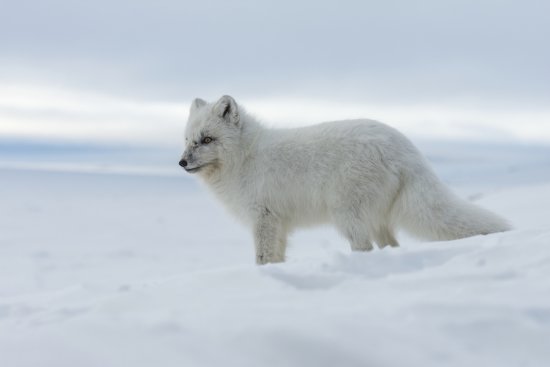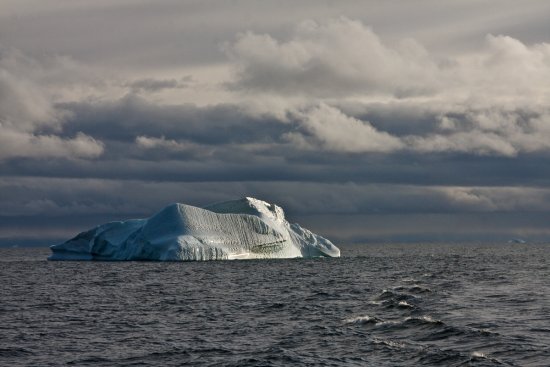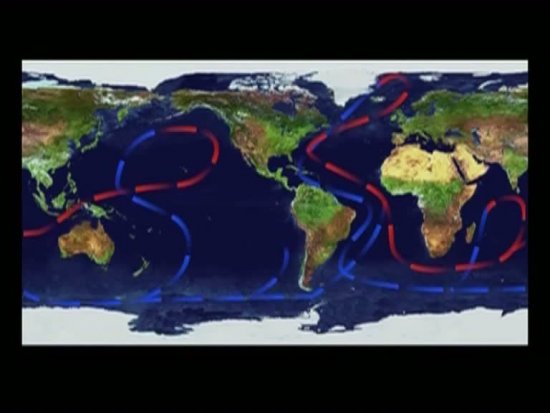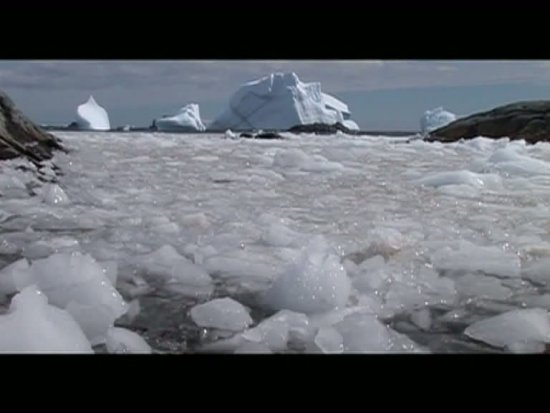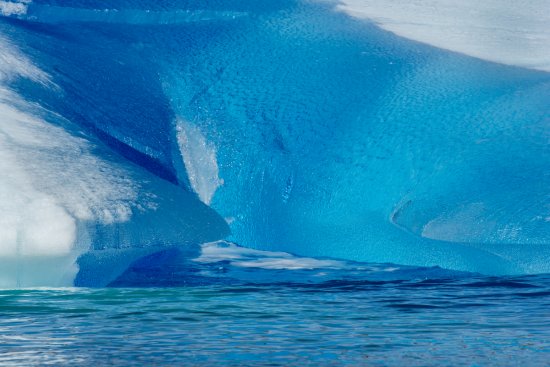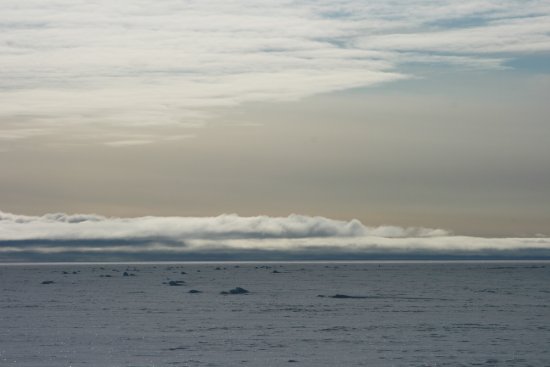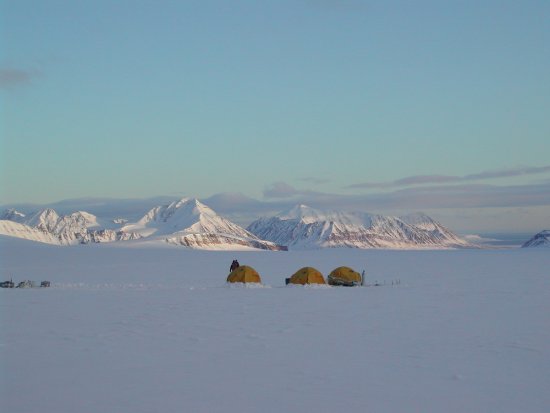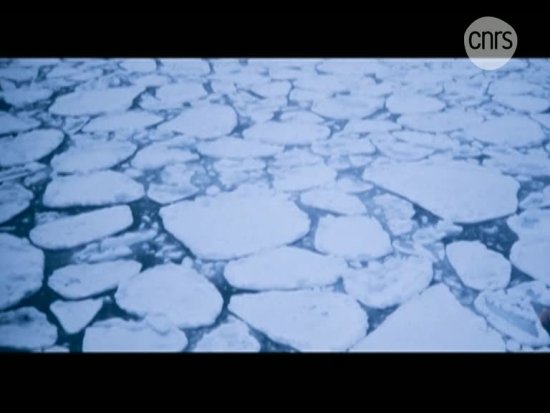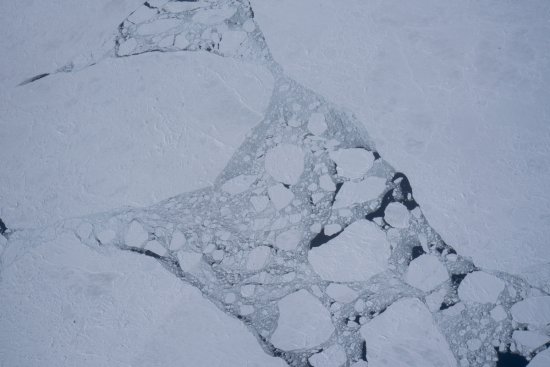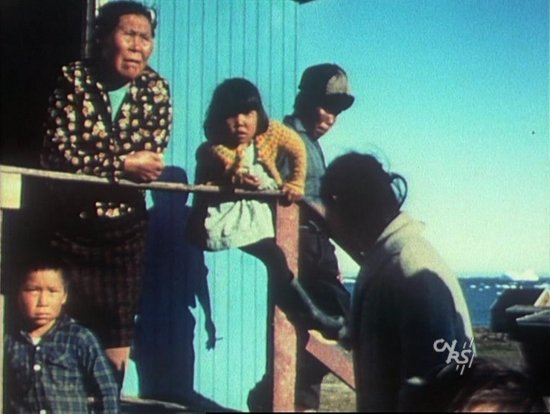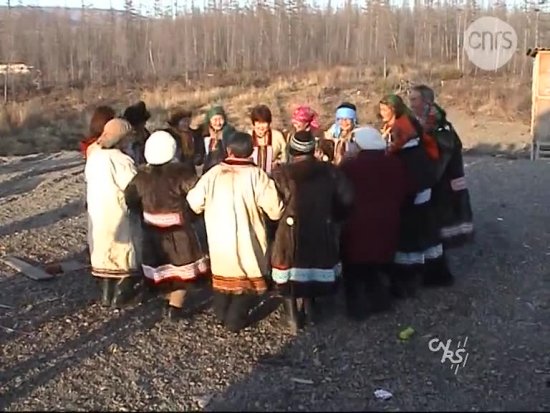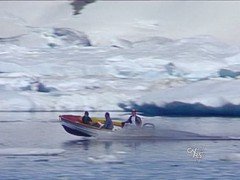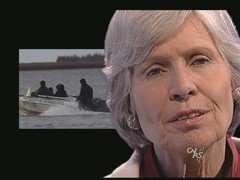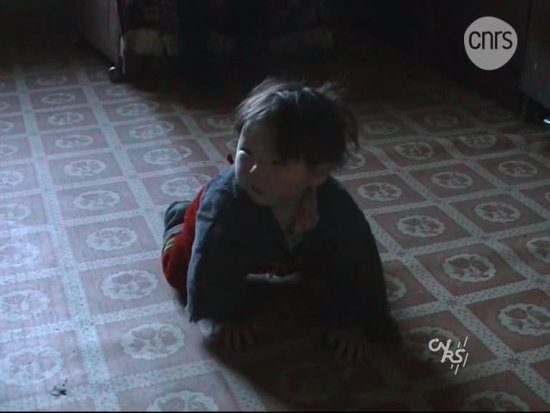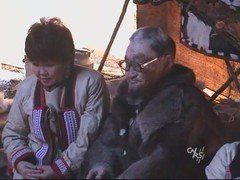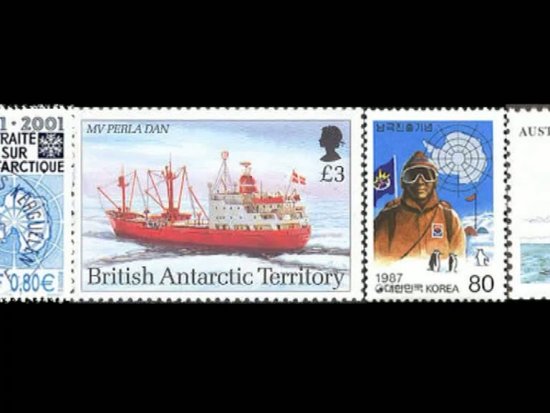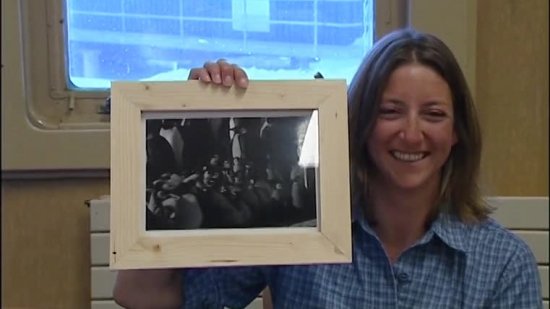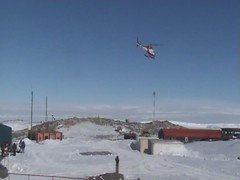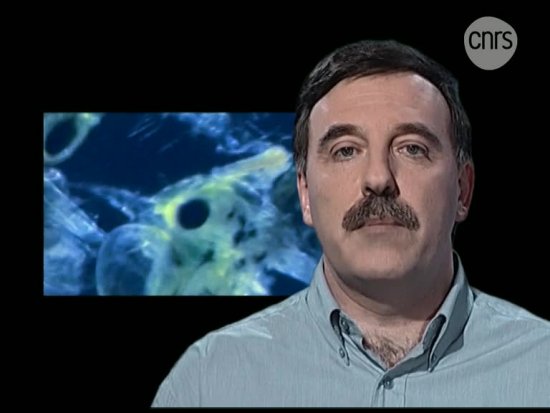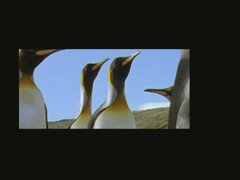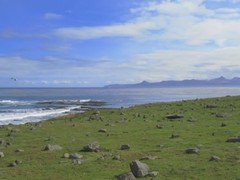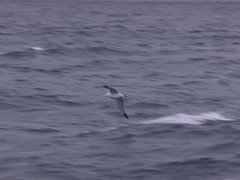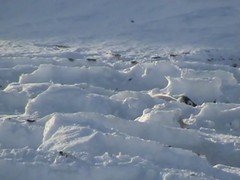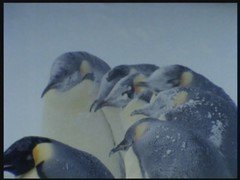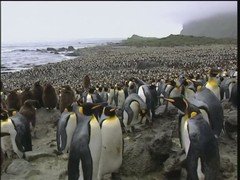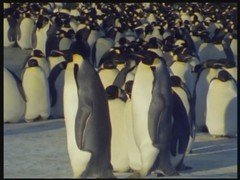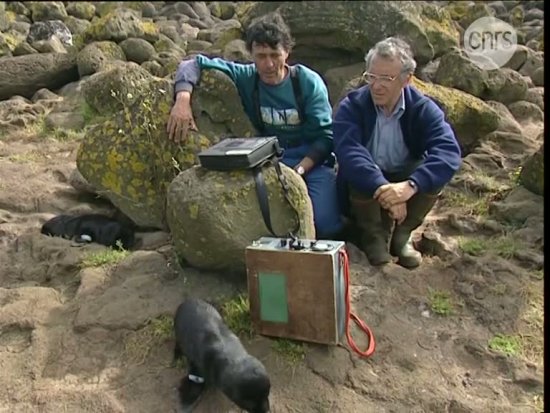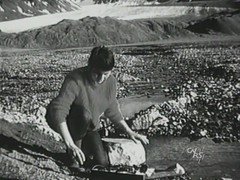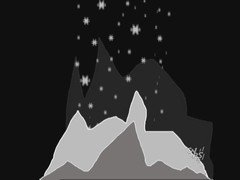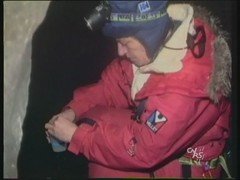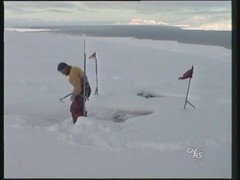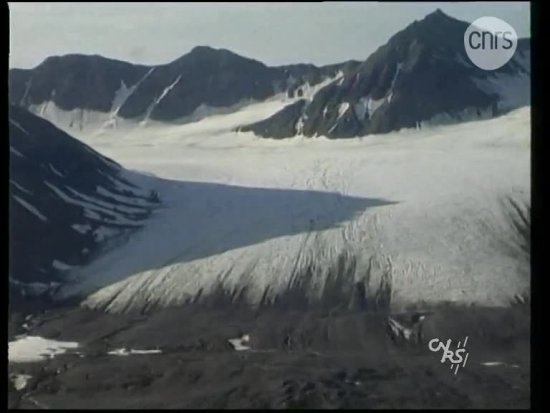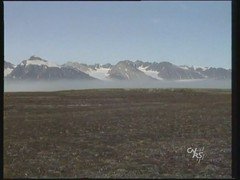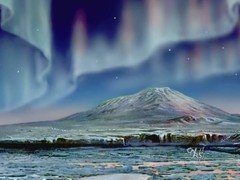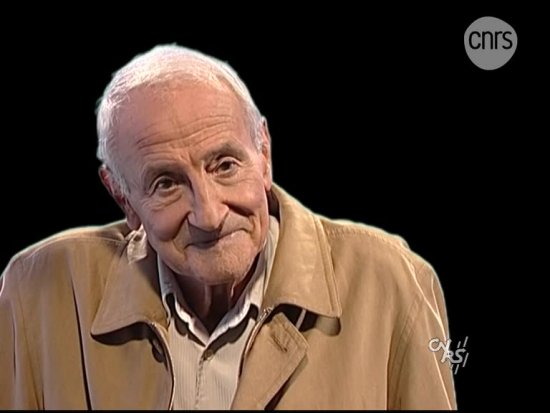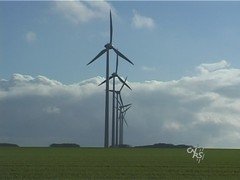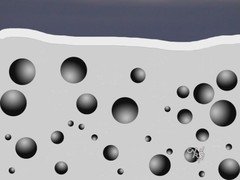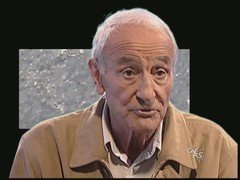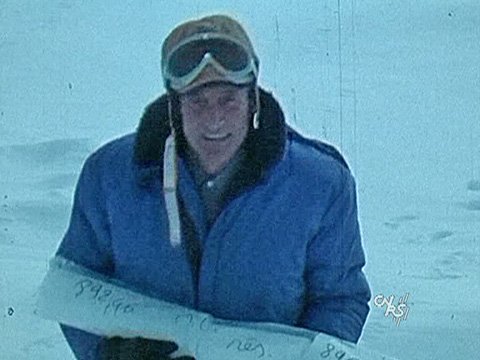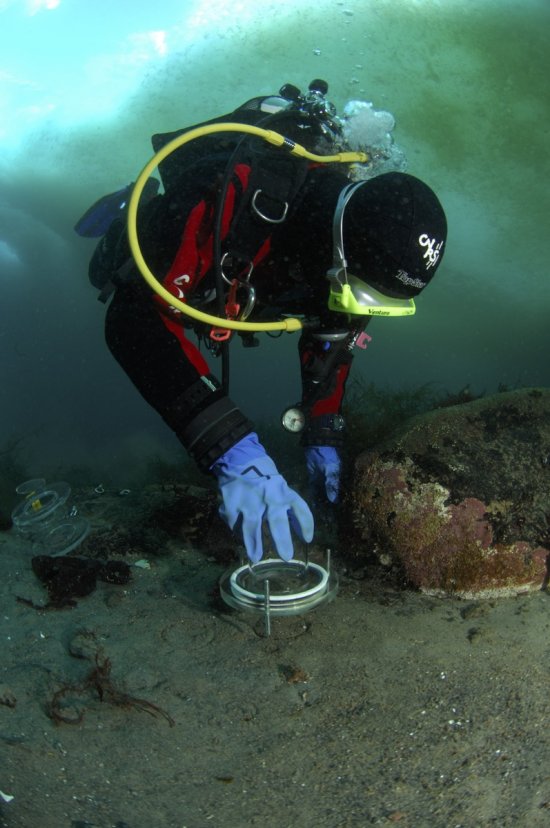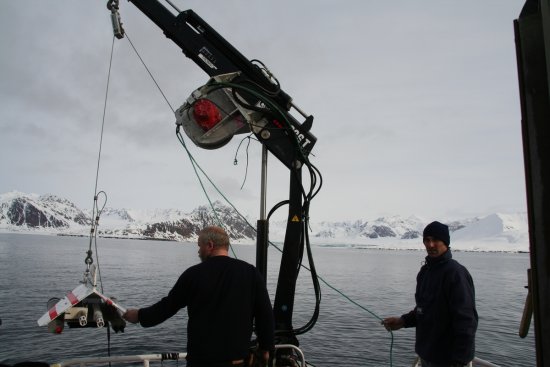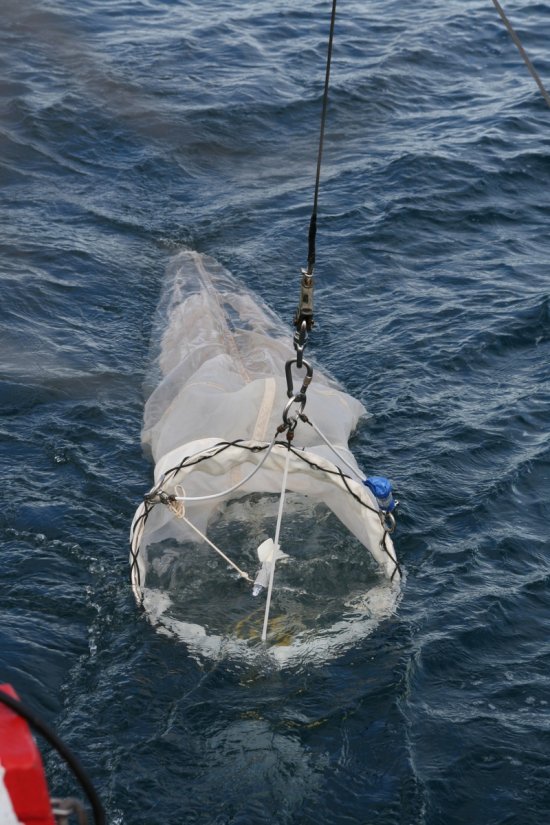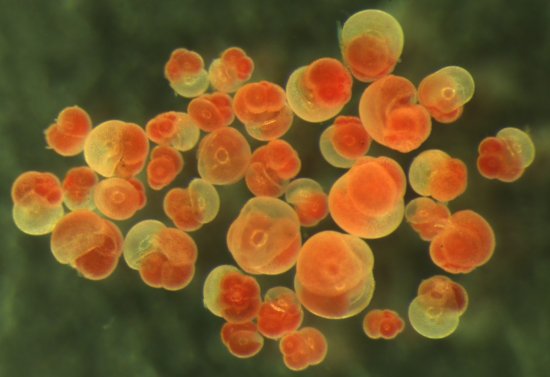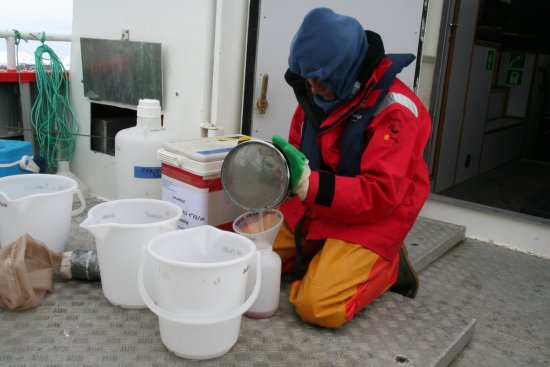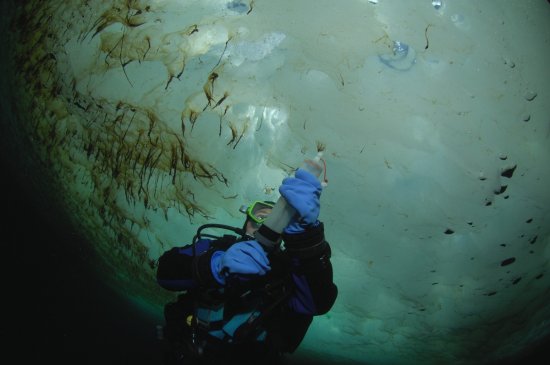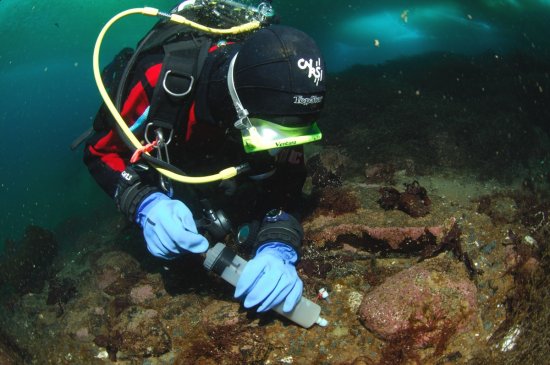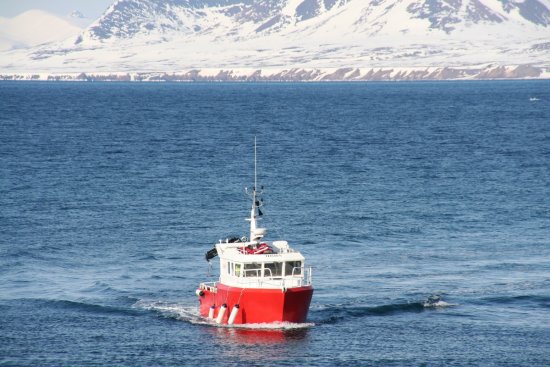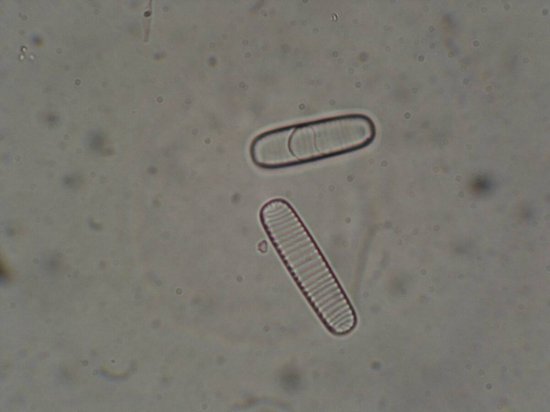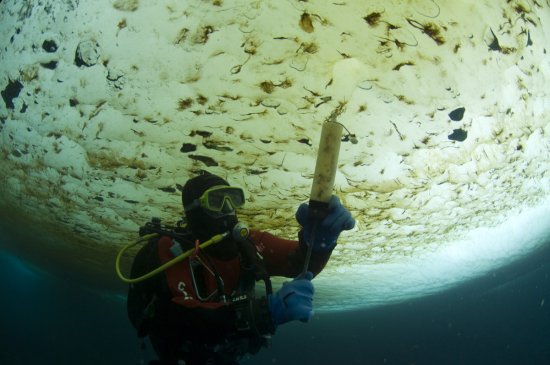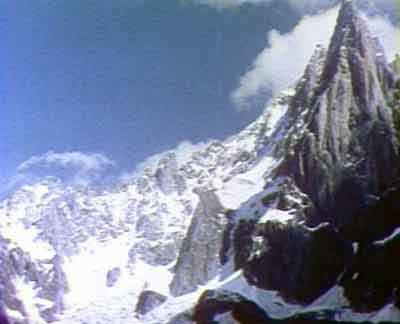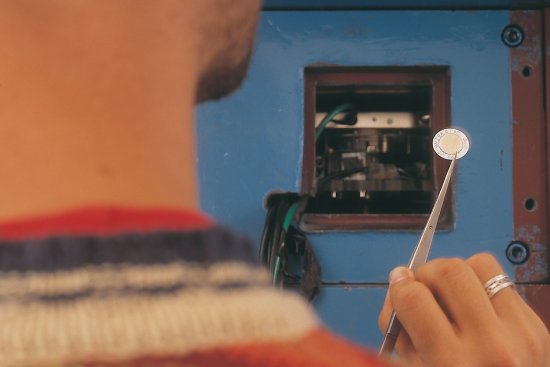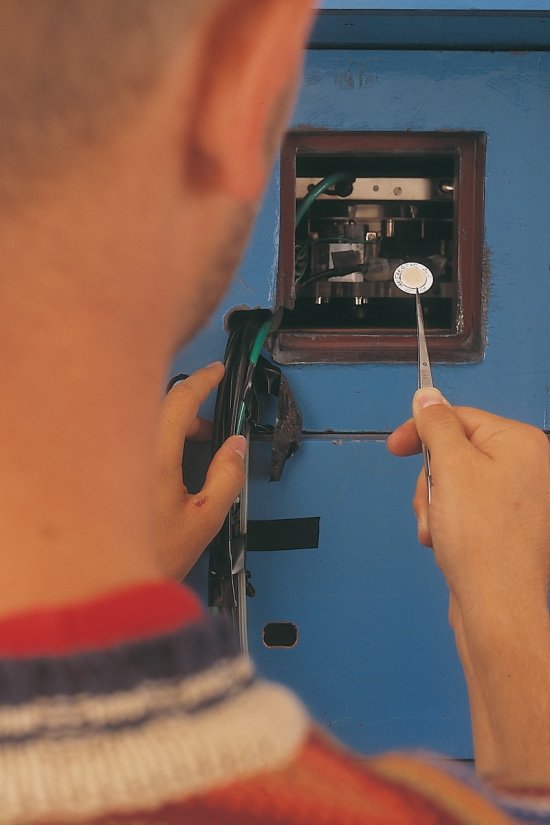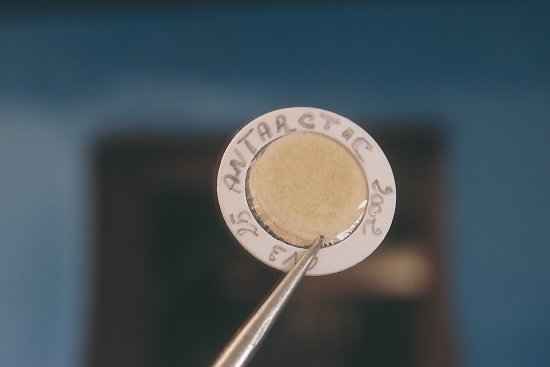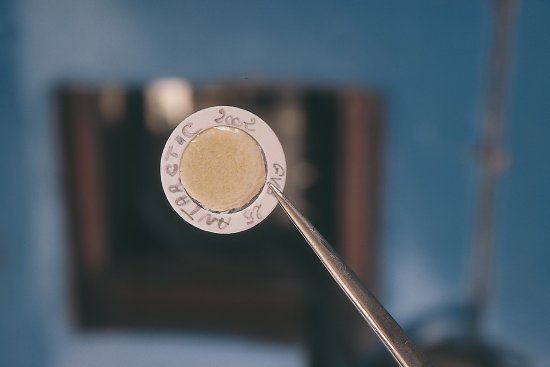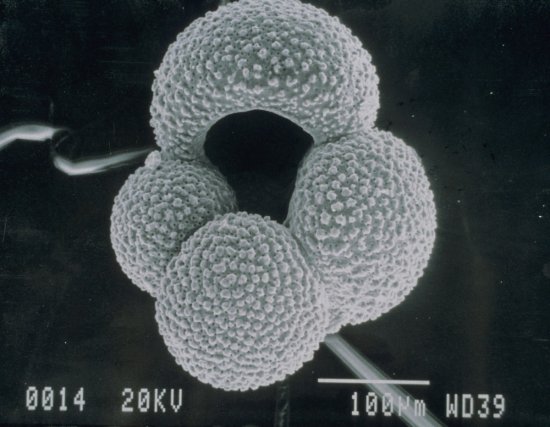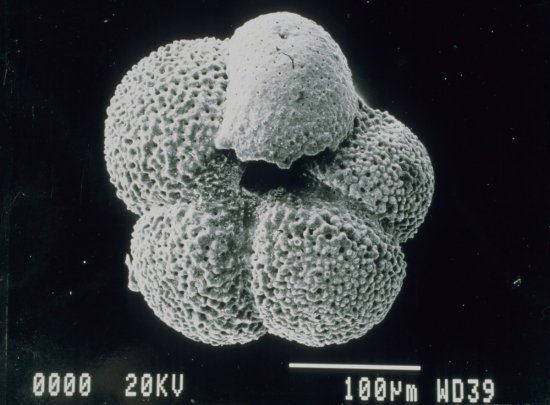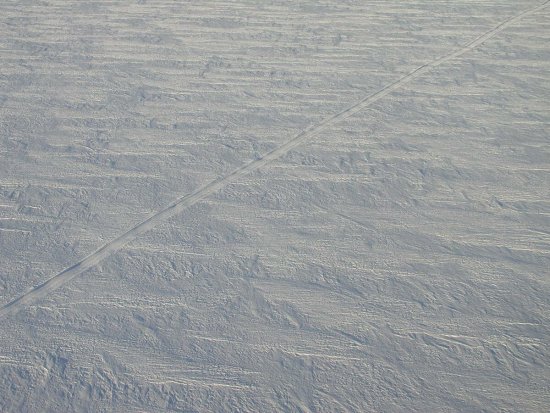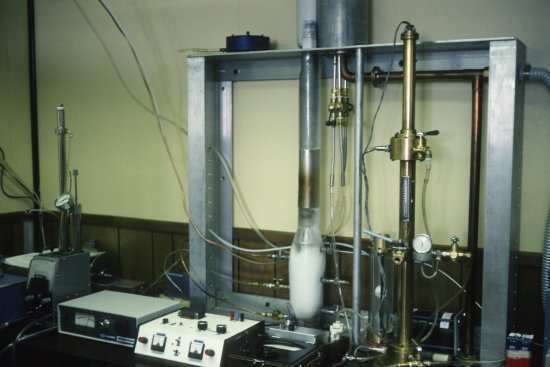Series
Poles Alert !
On the occasion of the 2008 International Polar Year, the CNRS and the IPEV produced a series of podcasts dealing with polar researches. Because of the global warming, Arctic and Antarctic areas are today victims of the most rapid and spectacular changing in the whole history of our planet. What should we think about it? What do we really know? What must we urgently measure and understand? With the collaboration of Patrice Lanoy, a scientific journalist.

Sous l'effet du réchauffement climatique, les régions arctiques et antarctiques subissent actuellement les changements les plus rapides et spectaculaires de toute l'histoire de notre planète. Que faut-il en penser ? Que savons-nous vraiment ? Que faut-il mesurer et comprendre de toute urgence ? Six chercheurs répondent à ces questions :
L'adieu à la banquise ? par Marie-Noëlle Houssais, océanographe au CNRS
- D'où vient la banquise ?
- Les pôles sentinelles du climat ?
- Comment va la banquise aujourd'hui ?
- Les conséquences de la disparition de la banquise ?
- Le Gulf Stream en danger ?
- Les océans vont-ils nous engloutir ?
- L'homme responsable du réchauffement ?
- Le pôle Nord en pédalo ?
- Qui surveille la banquise ?
Une population en péril ? par Joëlle Robert-Lamblin, anthropologue au CNRS
- Qui vit autour du pôle Nord ?
- Existe-t-il encore des populations isolées ?
- Que reste-t-il à comprendre ?
- Comment les populations s'adaptent-elles ?
- Quel avenir pour ces populations ?
- Comment travaillent les scientifiques en Arctique ?
Avec ou sans glaces ? par Madeleine Griselin, géographe au CNRS
- Pourquoi aller sur le terrain ?
- Quel paysage, aujourd'hui en Arctique ?
- Comment vit un glacier ?
- Comment suivre un glacier ?
- Est-ce que les glaciers fondent ?
- Comment étudier un glacier ?
Missions de l'extrême ? par Yves Frénot, écologue au CNRS
- Les animaux polaires sont-ils tous connus ?
- De la vie sous la glace ?
- L'hivernage, une expérience inoubliable ?
- Pourquoi si peu de femmes en Antarctique ?
- L'impact de la présence humaine en Antarctique ?
- L'Antarctique est-il si fragile ?
Une mémoire de glace ? par Claude Lorius, glaciologue au CNRS
- Comment devient-on un chercheur polaire ?
- Quelle surprise en arrivant aux pôles ?
- La glace, archive de notre terre ?
- Comment lit-on le passé dans la glace ?
- Quel climat dans le futur ?
La faune menacée ? par Pierre Jouventin, écologue au CNRS
- Antarctique : pourquoi des animaux si confiants ?
- Comment les manchots se reconnaissent-ils ?
- Comment les manchots survivent-ils ?
- Quel est le secret de l'Albatros ?
- L'Antarctique en danger ?
- Chercheurs en Antarctique : Quels dangers ?
L'adieu à la banquise ? par Marie-Noëlle Houssais, océanographe au CNRS
- D'où vient la banquise ?
- Les pôles sentinelles du climat ?
- Comment va la banquise aujourd'hui ?
- Les conséquences de la disparition de la banquise ?
- Le Gulf Stream en danger ?
- Les océans vont-ils nous engloutir ?
- L'homme responsable du réchauffement ?
- Le pôle Nord en pédalo ?
- Qui surveille la banquise ?
Une population en péril ? par Joëlle Robert-Lamblin, anthropologue au CNRS
- Qui vit autour du pôle Nord ?
- Existe-t-il encore des populations isolées ?
- Que reste-t-il à comprendre ?
- Comment les populations s'adaptent-elles ?
- Quel avenir pour ces populations ?
- Comment travaillent les scientifiques en Arctique ?
Avec ou sans glaces ? par Madeleine Griselin, géographe au CNRS
- Pourquoi aller sur le terrain ?
- Quel paysage, aujourd'hui en Arctique ?
- Comment vit un glacier ?
- Comment suivre un glacier ?
- Est-ce que les glaciers fondent ?
- Comment étudier un glacier ?
Missions de l'extrême ? par Yves Frénot, écologue au CNRS
- Les animaux polaires sont-ils tous connus ?
- De la vie sous la glace ?
- L'hivernage, une expérience inoubliable ?
- Pourquoi si peu de femmes en Antarctique ?
- L'impact de la présence humaine en Antarctique ?
- L'Antarctique est-il si fragile ?
Une mémoire de glace ? par Claude Lorius, glaciologue au CNRS
- Comment devient-on un chercheur polaire ?
- Quelle surprise en arrivant aux pôles ?
- La glace, archive de notre terre ?
- Comment lit-on le passé dans la glace ?
- Quel climat dans le futur ?
La faune menacée ? par Pierre Jouventin, écologue au CNRS
- Antarctique : pourquoi des animaux si confiants ?
- Comment les manchots se reconnaissent-ils ?
- Comment les manchots survivent-ils ?
- Quel est le secret de l'Albatros ?
- L'Antarctique en danger ?
- Chercheurs en Antarctique : Quels dangers ?
CNRS Images,
Our work is guided by the way scientists question the world around them and we translate their research into images to help people to understand the world better and to awaken their curiosity and wonderment.
